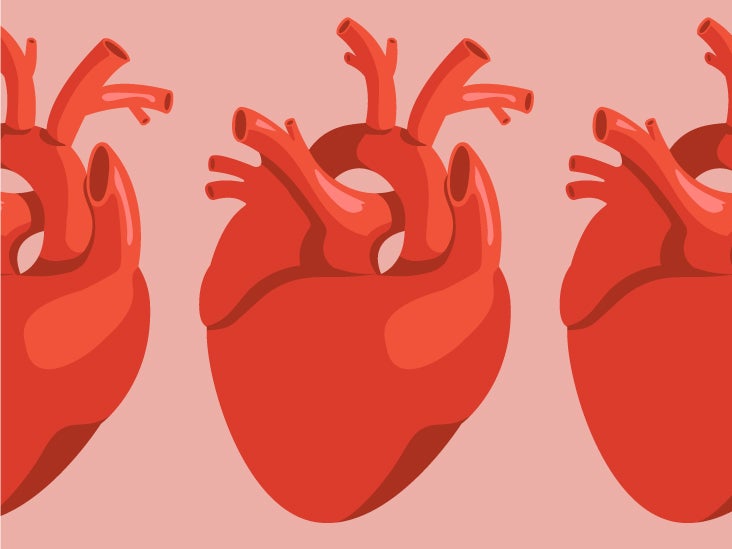Differences in Heart Attack Symptoms for Women and Men - Healthline

A heart attack happens when the flow of blood to the heart is blocked. This can cause a variety of symptoms, which may develop suddenly or gradually over hours, days, or weeks.
According to The Heart Foundation, while chest pain or discomfort is the most common symptom of a heart attack, it doesn't always develop, especially in women. Women may be more likely than men to experience other symptoms of heart attack, report researchers from the American College of Cardiology (ACC) and American Heart Association (AHA).
Read on to learn more about the symptoms of heart attack in women and men.
The most common symptom of heart attack in women is chest pain or discomfort. This may feel like pain, tightness, pressure, squeezing, or heartburn. It typically lasts for more than a few minutes or comes and goes.
During a heart attack, it's also common for women to have pain or discomfort in one or more of the following:
- jaw
- neck
- upper or lower back
- shoulders
- arm
- stomach
Other common symptoms of heart attack in women include:
- shortness of breath
- nausea, vomiting
- light headedness, dizziness, fainting
- cold sweats
Heart attack may also cause:
- fatigue
- trouble sleeping
- general weakness
- unusually fast or slow heart rate
- palpitations, or a fluttering or pounding heart rate
- anxiety or fear
Heart attack in men usually causes chest pain or discomfort, which may feel like pain, heaviness, pressure, fullness, squeezing, or heartburn. It typically lasts for more than a few minutes or goes away but returns again.
Another common symptom of heart attack in men is pain or discomfort in one or more of the following:
- jaw
- neck
- upper back
- shoulders
- arm
- stomach
Heart attack in men may also cause shortness of breath.
Less common symptoms include:
- fatigue
- nausea, vomiting
- unusually fast or slow heart rate
- dizziness, lightheadedness, or fainting
- palpitations, or a fluttering or pounding heart rate
- cold sweats
Although heart attack is most commonly associated with chest pain, it can also cause pain or discomfort in other parts of the body, including the shoulder.
Both women and men may experience shoulder pain during a heart attack. Some research suggests that shoulder pain during a heart attack may be more common in women than men.
A 2018 study looked at 532 people who had an ST-elevation myocardial infarction (STEMI), a type of heart attack that affects the whole heart muscle wall. Shoulder pain was twice as common in women compared to men. Throat and back pain were also more common in women.
Heart attack causes damage to your heart muscle, which can lead to potentially life threatening complications. Although more research is needed, some complications appear to be more common in women than men.
According to a 2016 review from the
The review found that 26 percent of women and 19 percent of men die within a year following a first heart attack, and 47 percent of women and 36 percent of men die within 5 years.
Some of the
- There may be a delay in recognizing women's symptoms.
- Women may be undertreated.
- There may not be enough women included in heart disease research.
If you suspect that you or someone else might be having a heart attack, call 911 right away. Immediate treatment may be life-saving. Long-term follow-up care is also important to improve outcomes.
If you have a heart attack, your doctor may recommend medication, surgery, or a combination of both to restore blood flow to your heart and treat the underlying cause. They may also encourage you to adjust your diet, exercise routine, or other lifestyle habits to reduce your risk of additional heart attacks and complications.

Comments
Post a Comment